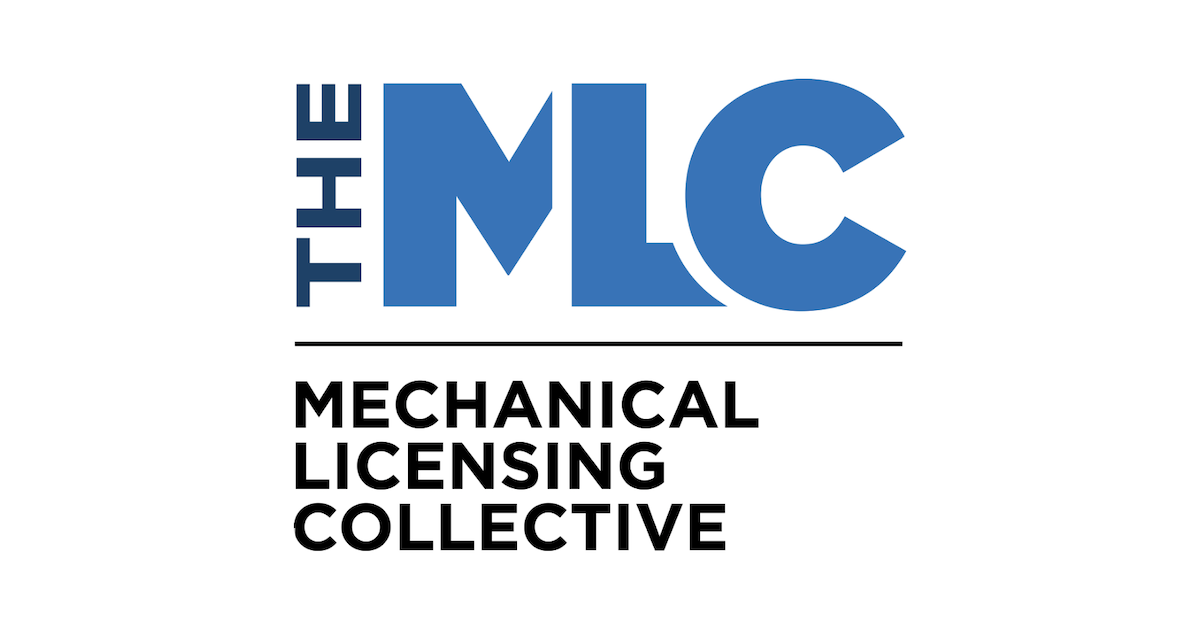2022 Music Industry News
2022 Music Industry News

The Mechanical Licensing Collective or The MLC is a nonprofit organization designated by the U.S. Copyright Office to collect streaming royalties following the historic Music Modernization Act of 2018. In January 2021, The MLC began administering blanket mechanical licenses to eligible streaming services in the U.S. and built a publicly accessible musical works database, with a portal that creators and music publishers can use to submit and maintain their musical works data. As of November 2022, The MLC completed its eleventh royalties distribution of the year and is able to match nearly 85 percent of the songs registered in its database to its copyright holders.

Historical Royalties
Back in 2021, The Mechanical Licensing Collective received over $424M in accrued historical unmatched royalties from 20 digital service providers (DSPs). The first set of historical unmatched royalty data was uploaded to The MLC Portal on May 26, 2022. Members can search this first set of historical unmatched data using the Matching Tool in The MLC’s Portal.

The Copyright Royalty Board (CRB)
The Copyright Royalty and Distribution Reform Act of 2004 established the Copyright Royalty Board in the Library of Congress. The Copyright Royalty Board or CRB oversees the copyright law’s statutory licenses, which permit qualified parties to use multiple copyrighted works without obtaining separate licenses from each copyright owner. The Judges on the board determine and adjust royalty rates and terms relating to the statutory copyright licenses.

Phonorecords III
Earlier this year the Copyright Royalty Board handed down a decision in the Phonorecords III proceeding, and approved a royalty rate for the years 2018-2022, for streaming and other mechanical uses from 10.5% to 15.1% resolving a longstanding dispute over streaming rates. Several DSPs, including Spotify, Amazon, Google and Pandora, appealed the increase of the rate and while that appeal was pending, the lower rate was paid to rightsholders. But on July 1, 2022, the CRB decision upheld the 15.1% increase.

Phonorecords IV Settlement
On August 31, 2022, The National Music Publishers’ Association (NMPA), the Nashville Songwriters Association International (NSAI), and the trade org for digital music services in the US (DiMA), agreed to a settlement with DSPs for higher mechanical streaming royalty rates in the U.S. ahead of Copyright Royalty Board proceedings known as ‘Phonorecords IV’, which would set the royalty rate for 2023-2027. Per the new agreement, for the years 2023-2027, the headline royalty rate will be set at 15.35%, phased in over the five-year term, while also improving the alternate rate structures by raising the per subscriber minimum, enacting better terms for bundle offerings and more. This proposal is pending approval by the CRB.

Physical Rates
On May 5, 2022 the NMPA, and NSAI and the three major record labels reached a settlement for the mechanical statutory rate in the United States to increase from 9.1 to 12 cents. Since 2006, the mechanical rate paid to publishers/songwriters for music purchased on a physical disc (or a download) has been set at 9.1 cents per track, this settlement proposes a 32% increase. Every five years, the Copyright Royalty Board (CRB) sets rates for the next five year period, the settlement is still pending approval by the CRB before it can take effect in January 2023.

The American Fairness Act
The American Music Fairness Act would require terrestrial radio to pay musical performing artists, with an exemption carved out for smaller radio stations, defined as a station that earns less than $1.5 million annually. When music gets played on AM/FM radio, only songwriters and music publishers get paid. The U.S. is the only major country in the world where terrestrial radio is not required by law to pay royalties to performers or recorded-music copyright owners of the songs. On December 7, 2022, the House Judiciary Committee gave its approval to the American Music Fairness Act. The bill will proceed to consideration by the full House of Representatives and would need to be approved by both the House and Senate and signed by the president before it can become law.


